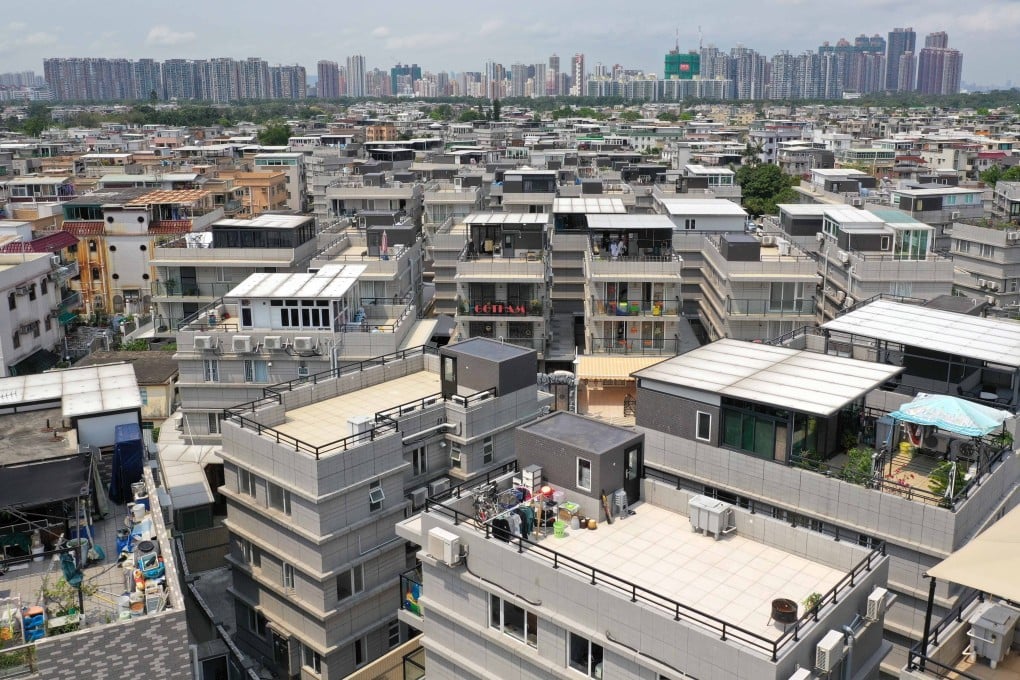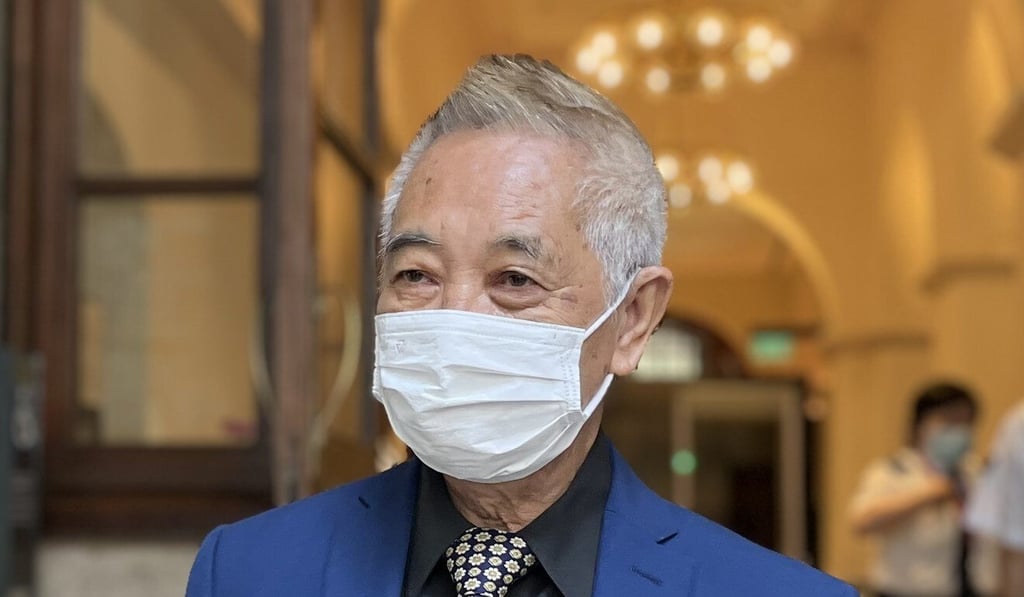Top Hong Kong court upholds traditional right of male villagers to apply to build on ancestral land in city’s north
- But right is an ‘inherently imperfect’ one because it has never had statutory basis and is subject to discretion of Lands Department, judges find
- Applicant Kwok Cheuk-kin, known as ‘king of judicial reviews’, had argued the policy was discriminatory on the basis of sex, birth or social origin

Hong Kong’s top court has ruled that male indigenous villagers have a constitutionally protected right to apply to build small houses on their ancestral or government-granted land, ending the debate on the legality of the controversial policy.
Applicant Kwok Cheuk-kin had argued that the so-called ding right, which allows the villagers to apply for permission to build three-storey homes in the New Territories, was discriminatory on the basis of sex, birth or social origin.

In dismissing Kwok’s challenge, the Court of Final Appeal on Friday acknowledged that calls to axe the policy, which the British colonial government created, were made in the run-up to the promulgation of the Basic Law.
“[Article 40] marked the rejection of these demands,” the 34-page judgment read.